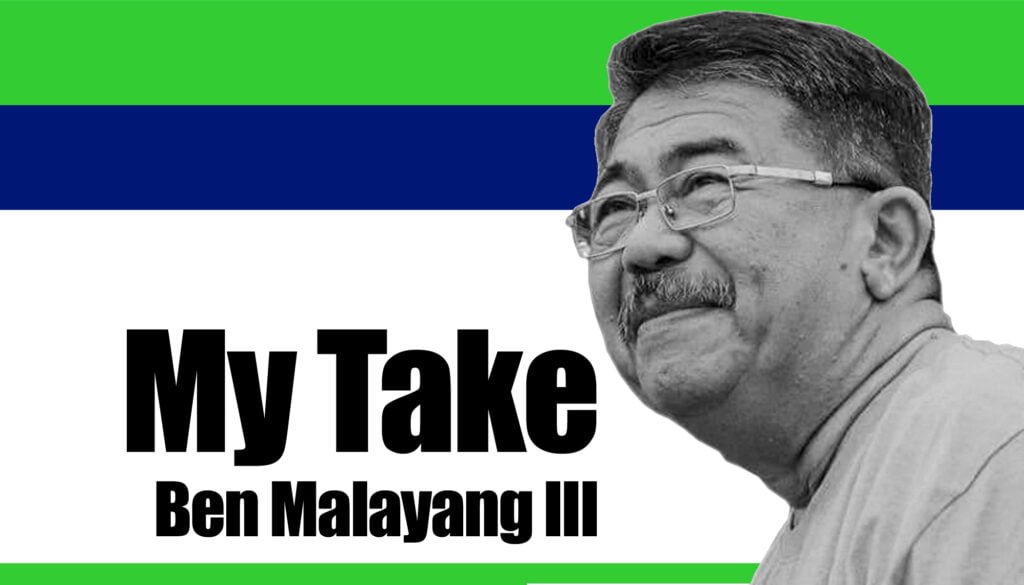
Friendship is readiness to help and support a friend.
But here’s the rub: Helping goes beyond affirming. Supporting goes beyond agreeing. Helping a friend (both friends, both sides) also requires carefully considering each other’s possible folly. This, so that a friend (both friends, both sides) would not fall. Supporting includes a friend (each friend, both sides) assuming a moral commitment to save the other from foolishness.
Affirming without thinking, and agreeing without committing to disagree, would not be friendship. Neither would be insisting that one friend agree with the other. That’d be facilitating failure (for both friends, for both sides) and a friend’s downfall (both friends, both sides).
The tragedy is this: Some people require their “friends” to blindly follow or agree with them. Those who don’t are to be deemed foes. Wrong. Friendship that requires unscrutinized support (to an act or to an opposing view) translates to abetting mutual failures. It’d be a conspiracy to commit catastrophe. It’s “criminal neglect” of due diligent care.
Saying no and pointing out a friend’s folly is hard because it hurts (both you and your friend). But shirking from doing it could be disastrous (to you and your friend). I refer here to a hurt that has a heart because – and this is my take with apologies to an old song – without a hurt (that has a heart), the heart of friendship would be weak and prone to just suddenly stop.
Those unwilling to helpfully hurt a friend would not be a friend. Neither are those unwilling to be hurt by their friends. Seeking their friendship would be foolish. They’ll never be a friend unless you agree to an asymmetric relationship of lord and liege.
The heart of friendship is mutual respect. Never otherwise.
So, to cement friendship in our community while having a difficult conversation on a common concern, I believe there’s no better civil option than this: in good faith and with pristine intentions and honesty, let’s sit down and discuss why we’re each doing what we are doing, why we’re each thinking what we are thinking, why we think what we do or say is right, and why we think what others do or say is not right. We’ll question and be questioned and challenge and be challenged. This, because we each have our truths that could turn out untrue, and which when corrected would save us from catastrophic consequences.
Once we agree on what’s right and what’s wrong, and what are truths and untruths, we can plod on towards a better future. A future that we agree is best for us all, according to what we agree what best would be.
If we don’t agree? Then we give some and take some because in Dumaguete we’re all friends.
Neither one lord, neither one liege. – NWI




